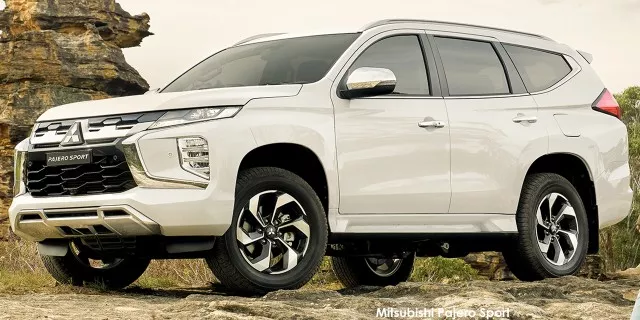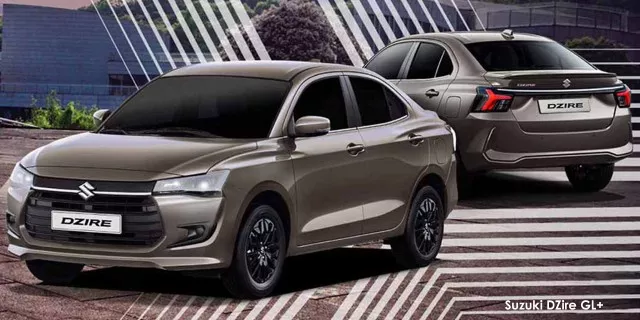How owning an electric car could affect your insurance premium

Motorists who want to buy an electric vehicle (EV) can expect their monthly car insurance premiums not to differ too much when compared to an internal-combustion-engine (ICE) vehicle.
This is according to feedback from insurance companies which spoke to TopAuto on the matter – below.
Discovery Insure
Discovery Insure said EV insurance premiums for its clients can either be higher or lower than a similarly-priced ICE vehicle in the same category.
This is due to “differences in vehicle performance, safety features which may lead to fewer claims, potentially different levels of theft risk, and differing costs of repairing or replacing the vehicle,” said the insurer.
“However, the pricing methodology for an electric car is the same as that of a non-electric vehicle, and the risks to both types of cars are the same.”
“If the vehicle is more expensive to repair, the premium will be higher – even if the vehicle itself is not more expensive,” said Discovery.
Individual risk factors for a client are also considered, such as their claim history, age, licence type, vehicle make and model, and region.
Discovery added that the generally lower wear-and-tear on EVs is excluded from a car insurance plan for its clients, and will not affect the insurance premium.
“The industry is still adapting to the advent of electrical vehicles, and as it insures more electrical vehicles and gathers more claims data, pricing of premiums will become more accurate,” it said.
King Price
King Price client experience partner Wynand van Vuuren said the price of a vehicle and the need to ensure that home-charging infrastructure is compliant are important factors in determining its clients’ EV insurance premiums.
“If you have an EV, your insurance experience will be similar to that of a conventional vehicle,” said van Vuuren.
He said due to the higher-than-average purchasing prices and parts costs of EVs, a client’s EV insurance premium will likely be slightly more than what they are used to.
“But the standard factors like your age, claims history, and where you live will still be the biggest determining factors of your personal risk.”
He also noted that the theft for EVs could potentially be lower, as they are difficult to steal and dispose of, but did not say whether this will have an impact on a King Price client’s vehicle insurance premium.
MiWay
MiWay said the cost of repair and availability of parts have a large impact on insurance premiums charged.
“In essence, because EVs do not have the same footprint as traditional vehicles, it could take longer and be more expensive to repair,” said Greta Goosen, head of customer experience at MiWay.
This could lead to a client’s insurance premium differing from that of an equally-priced ICE vehicle in the same segment.
A client’s individual risk factors also play a major role in determining their monthly vehicle insurance premium.
When it comes to the lower wear-and-tear generally experienced by EVs, Goosen said it will not affect its clients’ monthly car insurance premiums.
“It will, however, impact the premium of any warranty products as the experience unfolds of EVs compared to other ICEs,” said Goosen.
“It is important to keep in mind that insurance premiums reflect our best estimate for a risk profile at the time, and we continuously update our view of the insured risk as experience unfolds.”
“The insurance premiums on EVs will, therefore, also continuously update to reflect the experience of the vehicles if their popularity increases,” said Goosen.
Home chargers
It’s important to note that all insurers interviewed said home charging infrastructure does not fall under their vehicle insurance – and must be added under household/building cover.
It is therefore advisable to notify your insurer if you have a home charger installed.









